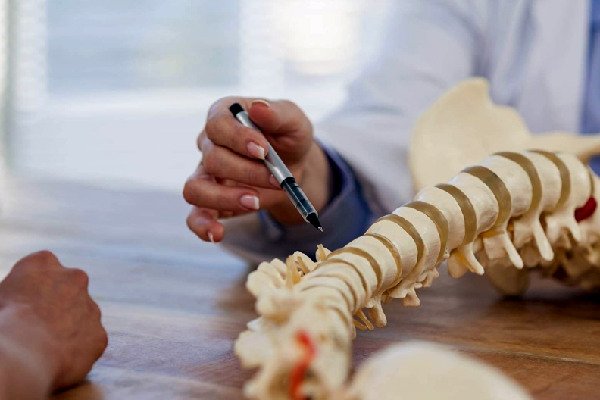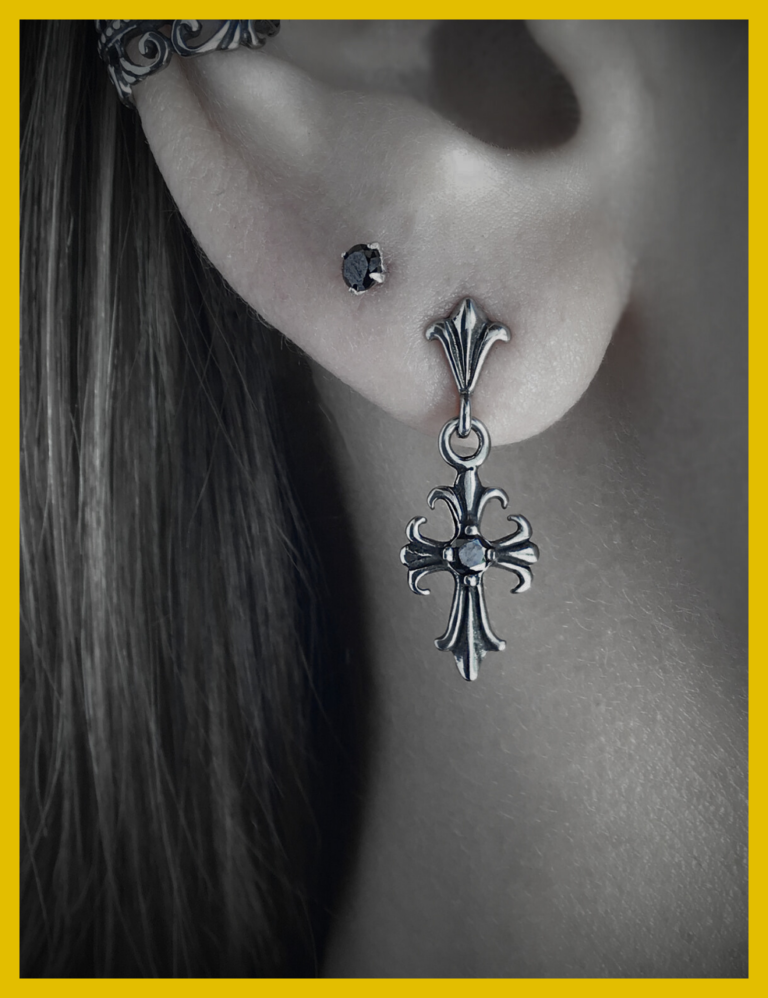Herniated Disc Specialists: Your Guide to Treatment and Recovery
A herniated disc—also called a slipped or burst disc—can produce weakness, numbness, and terrible agony. Millions of individuals worldwide suffer with this disorder, and successful management of the pain and recovery depend on the correct professional. This page will go over herniated disc specialists, their treatments, and how they might assist you in getting back on your feet.
What is a Herniated Disc?
When the soft, gel-like inside of a spinal disc pushes through a rupture in its tougher outer layer, a herniated disc results. Depending on where the herniation occurs, this can irritate surrounding nerves and cause pain, numbness, or weakness in an arm or a leg.
Common Symptoms Include:
- Sharp pain in the lower back or neck
- Pain radiating down arms or legs (sciatica)
- Tingling or numbness
- Muscle weakness
Who Are Herniated Disc Specialists?
Herniated disc specialists are medical professionals with expertise in diagnosing and treating disc-related issues. These specialists can come from various medical backgrounds, each bringing unique approaches to patient care.
Common Herniated Disc Specialists Include:
- Orthopedic Surgeons: Focus on conditions affecting the musculoskeletal system, including spine disorders.
- Neurosurgeons: Specialize in surgical treatments for nervous system disorders, including the spine.
- Physical Medicine and Rehabilitation (PM&R) Physicians: Also known as physiatrists, they provide non-surgical treatments to help patients recover function and manage pain.
- Chiropractors: Offer non-invasive treatments, such as spinal manipulation, to relieve pain and improve mobility.
When to See a Specialist
If you experience severe pain, numbness, or weakness that persists for more than a few days, it’s crucial to seek help from a herniated disc specialist. Immediate consultation is necessary if you experience:
- Loss of bladder or bowel control (a sign of cauda equina syndrome)
- Progressive muscle weakness in arms or legs
- Difficulty walking or balancing
Diagnosing a Herniated Disc
A herniated disc specialist will begin by reviewing your medical history and performing a physical examination. Depending on your symptoms, they may recommend additional tests such as:
- X-rays: To check for other causes of back pain.
- MRI (Magnetic Resonance Imaging): Provides detailed images of the soft tissues, including discs and nerves.
- CT Scan: Often used when MRI is not available or to get a more detailed image.
- EMG (Electromyography): Assesses the health of muscles and the nerves controlling them.
Treatment Options
Treatment for herniated discs varies depending on the severity of the condition and the patient’s overall health. Specialists typically recommend starting with conservative treatments before considering surgical options.
Conservative Treatments
- Rest and Activity Modification: Reducing activities that aggravate the pain and allowing time for the disc to heal.
- Medications: Over-the-counter pain relievers like ibuprofen or prescribed medications to manage inflammation and discomfort.
- Physical Therapy: Exercises and stretches designed to strengthen the muscles supporting the spine and improve flexibility.
- Epidural Steroid Injections: Reduces inflammation around the nerves and can provide relief for several weeks or months.
Surgical Treatments
If conservative treatments do not provide relief after six to eight weeks, or if neurological symptoms worsen, surgical options may be considered. Common surgeries for herniated discs include:
- Discectomy: Removal of the herniated portion of the disc to relieve pressure on the affected nerve.
- Laminectomy: Removal of part of the vertebra to create more space for the spinal cord or nerves.
- Spinal Fusion: Fusing two or more vertebrae together to stabilize the spine.
Post-Treatment Recovery
Recovery after treatment, whether surgical or non-surgical, involves careful management and follow-up. Specialists usually recommend:
- Physical Therapy: Post-surgical or post-treatment therapy to rebuild strength and flexibility.
- Lifestyle Modifications: Maintaining a healthy weight, practicing good posture, and avoiding heavy lifting can prevent future disc issues.
- Pain Management: Ongoing use of medications, therapy, and possible injections to manage chronic pain.
Choosing the Right Specialist
When selecting a herniated disc specialist, consider the following factors:
- Experience and Expertise: Look for a specialist with extensive experience treating herniated discs.
- Reputation: Research patient reviews and ask for referrals from your primary care doctor.
- Treatment Philosophy: Some specialists may focus more on non-surgical approaches, while others may recommend surgery sooner.
- Comfort and Communication: You should feel comfortable asking questions and discussing your concerns with the specialist.
Conclusion
Although herniated discs can seriously affect your quality of life, most people can either completely recover or adequately control their symptoms with the correct specialist and treatment plan. Working closely with a herniated disc specialist guarantees that you get the therapy and attention required for a successful recovery whether your choice is conservative treatments or surgery.
Understanding your treatment choices and keeping educated will help you to start the process of returning to live free from pain.
This page presents a methodical review of herniated disc experts together with diagnosis, available treatments, and recovery. Ask for more specialised knowledge or more help as needed!






